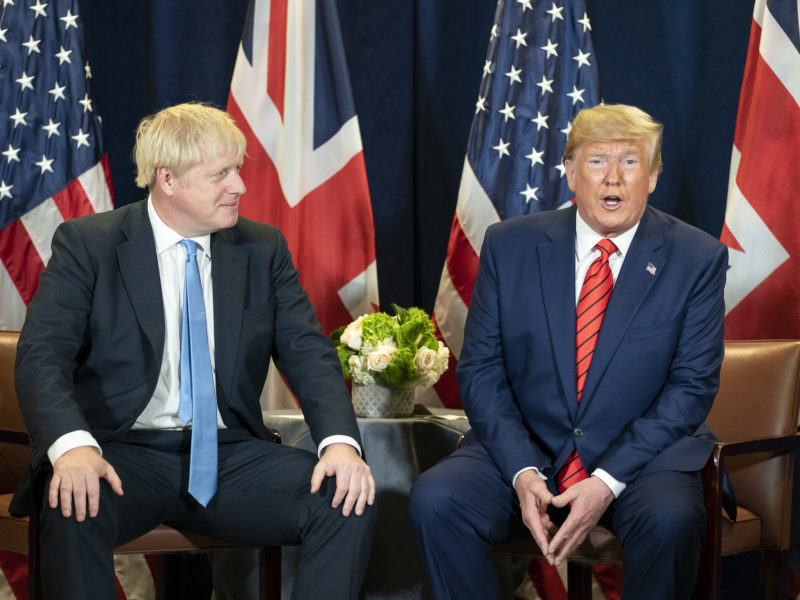This week’s Diversion takes us back to 2016, a few weeks after the June “Brexit” vote in Britain, affirming that the country would leave the European Union. Martin Rhodes, a guest contributor from the Josef Korbel School of International Studies, analyzes the drivers of the historic vote, and the negative effects that would inevitably follow. He points the finger squarely at resurgent nationalism—not only in the UK but across Europe.
“Nationalism has been the scourge of European history (see Mark Mazower’s Dark Continent: Europe’s Twentieth Century) and one should not underestimate its potency in European politics today. … The Brexit campaign was not really about the economic losses or gains from EU membership. Nor was it about the nature of European democracy. In most respects, it was not about the EU at all. The Leave vote was primarily motivated by anti-immigrant sentiment, whipped up by unashamed nativists, nationalists….”
Today, we are living in a new world, marked not only by Brexit and the election of Donald Trump in America, but by a pandemic that has brought, among other things, heightened xenophobia. It is well established that immigrants are often the scapegoat for disease. How will the UK—and other countries marked by surging nationalism—respond? Just days ago in the United States, an unarmed African American man was shot and killed by two white nationalists. Will the pandemic deepen the dangerous, nationalist path, or will it mark a turning point towards unity and solidarity?
BREXIT, THE RISE OF POPULIST NATIONALISM, AND THE FUTURE OF EUROPE
By Martin Rhodes for Denver Dialogues.
The outcome of the ‘Brexit’ vote is a disaster for Britain as well as for the European Union (EU). Unless something unexpected happens, Britain will leave the EU after two years. Its economy will suffer and its politics will polarize still further. The EU, already flailing in its attempts to deal with multiple challenges, will have to cope with complicated British exit negotiations and the fillip the Brexit vote will give to far-right nationalist parties across Europe. Nationalism has been the scourge of European history (see Mark Mazower’s Dark Continent: Europe’s Twentieth Century) and one should not underestimate its potency in European politics today.
The political and economic costs for the UK are likely to be severe. The legal and economic complications of extracting the UK legal system from decades of EU Single Market law (the basis for EU commerce) and striking new trade agreements, and the potential loss of EU professionals and businesses located in the UK, will undermine an already weak economy, sending it into renewed recession. The political system will splinter as stark divisions in both the Conservative and Labour parties – which mirror those in the electorate – provoke internecine fighting and disruptive realignments.
The consequences for Europe may be no less consequential. Nationalist anti-European parties have made a great deal of headway in many European countries – notably in France, Scandinavia, Italy, and more recently Germany – and Brexit is likely to enhance their own demands for EU exit referendums. It may also strengthen the hand of illiberal parties in power in Hungary and Poland. That will make the domestic politics of EU member states increasingly fractious and susceptible to democratic breakdown and violence. The decline in the quality of political discourse and open anti-immigrant xenophobia in the Brexit campaign, followed by an uptick in racist abuse against foreigners, is likely to be repeated elsewhere. Referendums – and their gross simplification of complex issues – are godsends for nationalists fueling the fires of popular discontent.
Read more: Brexit, the Rise of Populist Nationalism, and the Future of Europe






